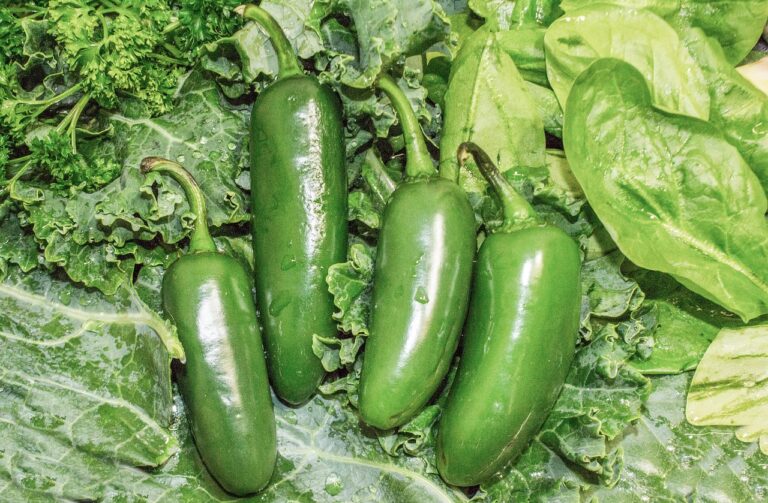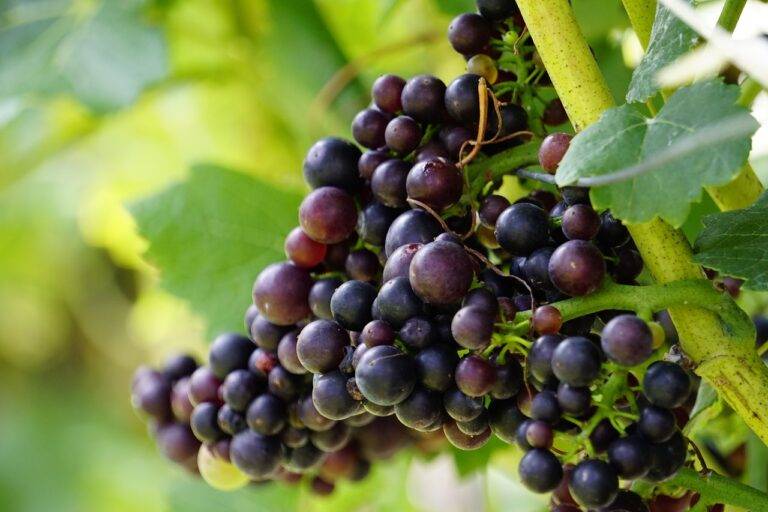How to Start an Organic Food Garden: Betbhai9, Radhe exchange id, My laser 247.com login
betbhai9, radhe exchange id, my laser 247.com login: Organic food gardening has become increasingly popular in recent years as more and more people are becoming aware of the benefits of growing their own food without the use of synthetic chemicals. Not only does organic gardening help to protect the environment, but it also allows you to enjoy fresh, healthy produce right from your own backyard. If you’re interested in starting your own organic food garden but don’t know where to begin, this guide is for you.
Choosing the Right Location
The first step in starting an organic food garden is choosing the right location. Most vegetables and fruits require at least six hours of sunlight per day, so it’s important to select a spot in your yard that receives adequate sunlight. Additionally, make sure the location has good drainage to prevent waterlogging, as standing water can cause root rot in plants.
Preparing the Soil
Once you’ve chosen a location, it’s time to prepare the soil for planting. Start by removing any weeds or grass from the area and then till the soil to a depth of at least six inches. Adding organic matter such as compost or aged manure can help improve soil fertility and structure, providing essential nutrients for your plants.
Choosing What to Plant
When deciding what to plant in your organic food garden, consider your climate, soil type, and available space. Some popular choices for beginner gardeners include tomatoes, peppers, cucumbers, lettuce, and herbs. Choose a variety of plants that you enjoy eating and that are well-suited to your growing conditions.
Planting and Caring for Your Garden
Once you’ve selected your plants, it’s time to start planting. Follow the instructions on the seed packets or plant labels for proper spacing and depth. Water your plants regularly, being careful not to overwater, as this can lead to disease. Mulching around your plants can help retain moisture and suppress weeds, reducing the need for frequent watering.
Pest and Disease Control
One of the key principles of organic gardening is using natural methods to control pests and diseases. This can include planting companion plants that repel pests, using physical barriers such as row covers, and hand-picking pests off your plants. Neem oil and insecticidal soap are also effective organic options for controlling pests.
Harvesting Your Produce
As your plants grow, you’ll soon be able to enjoy the fruits of your labor. Harvest your produce when it’s ripe, being careful not to damage the plant in the process. Regular harvesting can encourage plants to continue producing, so be sure to check your garden regularly for ripe fruits and vegetables.
FAQs
Q: What is organic gardening?
A: Organic gardening is a method of growing fruits and vegetables without the use of synthetic chemicals such as pesticides and fertilizers. Instead, organic gardeners rely on natural methods to protect and nourish their plants.
Q: How can I improve soil fertility in my organic garden?
A: Adding organic matter such as compost, aged manure, or cover crops can help improve soil fertility by providing essential nutrients for plants and improving soil structure.
Q: How can I protect my organic garden from pests?
A: There are several natural methods for controlling pests in an organic garden, including planting companion plants, using physical barriers, and hand-picking pests off plants. Neem oil and insecticidal soap are also effective organic options for pest control.
Q: How do I know when to harvest my fruits and vegetables?
A: Harvesting times can vary depending on the type of plant, so it’s important to familiarize yourself with the specific harvesting requirements of each crop. Generally, fruits and vegetables are ready to harvest when they are ripe and have reached their full size.
Starting an organic food garden can be a rewarding experience that allows you to enjoy fresh, healthy produce all season long. By following these tips and techniques, you can create a thriving organic garden that will provide you with a bountiful harvest for years to come.







